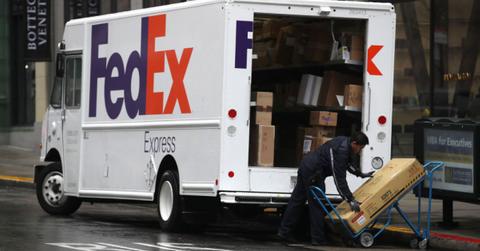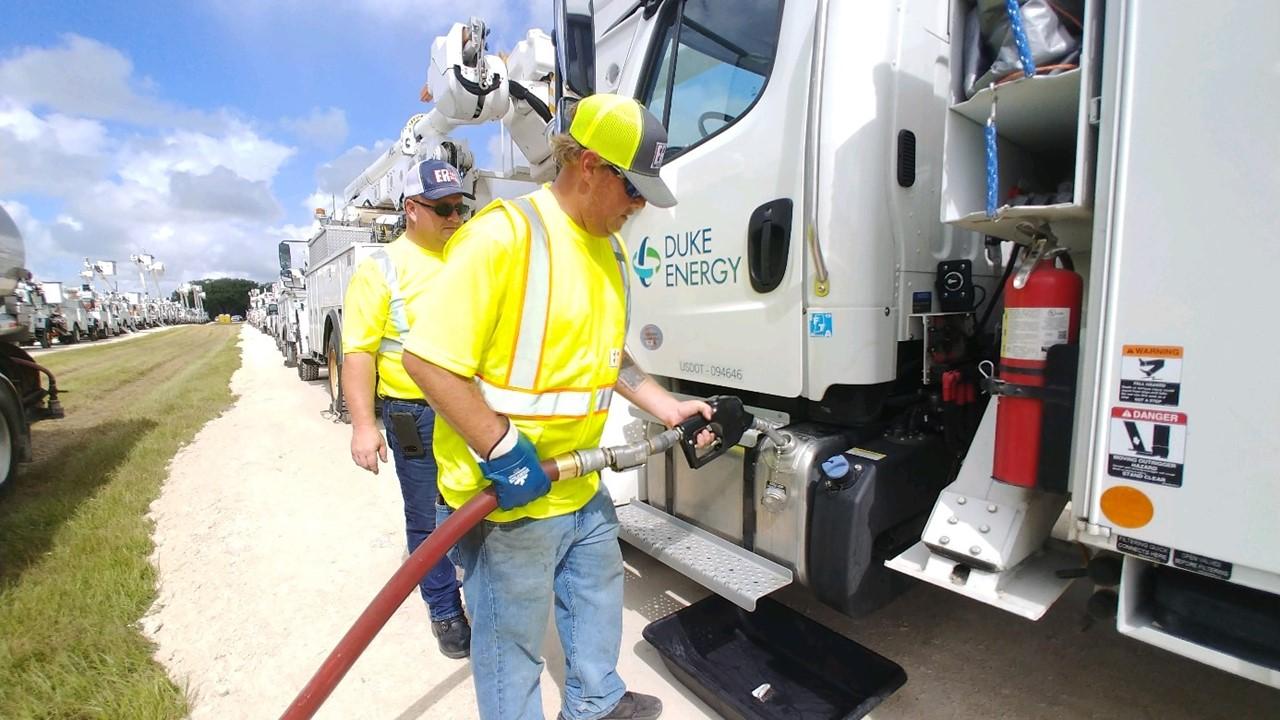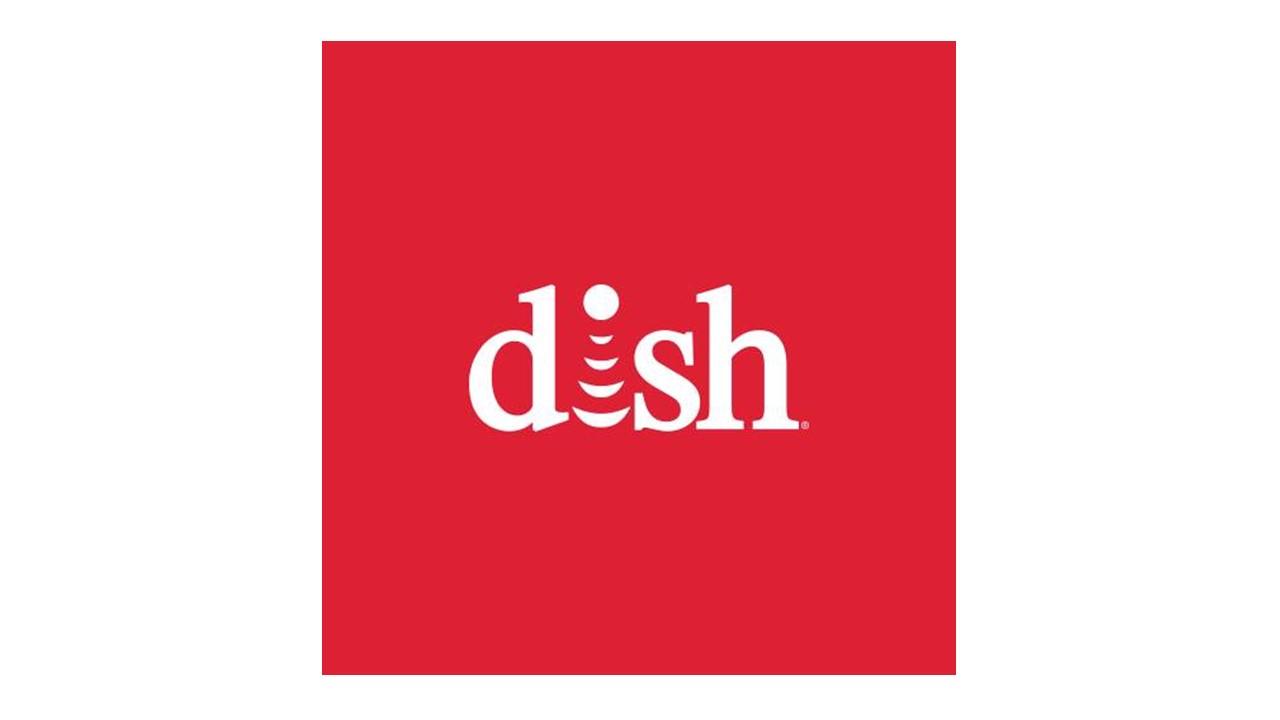Which U.S. Companies Didn't Pay Any Taxes Last Year?
55 American companies didn't pay taxes in 2020. Also, 26 of the companies haven't paid any taxes for three years. What's the loophole?
April 7 2021, Published 1:01 p.m. ET

Recently, The New York Times reported that 55 U.S. corporations paid an effective zero tax rate in 2020. Among the companies, 26 of them haven't paid federal income taxes for the past three years. Duke Energy, FedEx, Nike, and Salesforce are some of the companies that haven't paid taxes for three consecutive years.
A study was conducted by the Institute on Taxation and Economic Policy (ITEP), a left-leaning research group based in Washington, D.C. The Institute compiled data from public corporate financial reports to come up with the results on the 500 largest publicly traded companies, although the actual tax returns of companies are private.
Companies have been able to reduce their tax liability to zero or less through various tax deductions and exemptions. The CARES Act also offered companies the provision allowing them to use 2020 losses to offset profits from previous years. The report raises questions about how the tax code should potentially be revised.

List of companies that paid no taxes for three years
Certain companies managed to reduce their taxes to zero or less for three years running, despite posting profits during those years.
Duke Energy topped the list with a combined three-year income total of $7.9 billion, also reducing its effective three-year tax rate to -15.5 percent (NYT). FedEx had the second-highest income total of these companies of $6.9 billion.
The companies that haven't paid taxes for the past three years are Duke Energy, FedEx, Dish Network, American Electric Power, Kinder Morgan, Xcel Energy, Nike, Salesforce.com, DTE Energy, FirstEnergy, Williams, PPL, CMS Energy, Archer-Daniels-Midland, Evergy, Cabot Oil & Gas, Westlake Chemical, Advanced Micro Devices, Textron, Penske Automotive Group, UGI, Telephone & Data Systems, Mohawk Industries, Ball, Howmet Aerospace, and Sanmina-SCI.
Tax write-offs used by many companies
In addition to the 2017 corporate tax rate reduction from 35 percent to 21 percent, many large companies have taken advantage of legal deductions, exemptions, and tax credits.
“Policymakers, business leaders and tax experts argue that many deductions and credits are there for good reason,” reported The New York Times.

CARES Act provisions impact corporate taxes
FedEx is one company that used CARES Act provisions. It used 2020 losses to reduce tax bills from previous years, according to The New York Times. Utility company DTE Energy used that provision “to get an accelerated refund of credits representing $220 million of previously paid alternative minimum taxes.”
Corporate and political responses to the study
Duke Energy spokesperson Catherine Butler noted in an email that the company has complied fully with tax laws. She also noted that Duke's taxes weren't eliminated, but it has a deferred federal tax balance of $9 billion.
FedEx said that the CARES Act provisions helped it and other companies to work through a changing economy.
Meanwhile, Senator Elizabeth Warren tweeted, “Giant corporations that report billions in profit shouldn't be able to pay $0 in federal taxes.”
Alan Viard of the American Enterprise Institute, a conservative group, said that companies not paying taxes is simply evidence that the tax code makes this possible. He explained that companies paying zero taxes doesn’t mean they are good or bad companies, but that they are using the tools available in the tax code.
